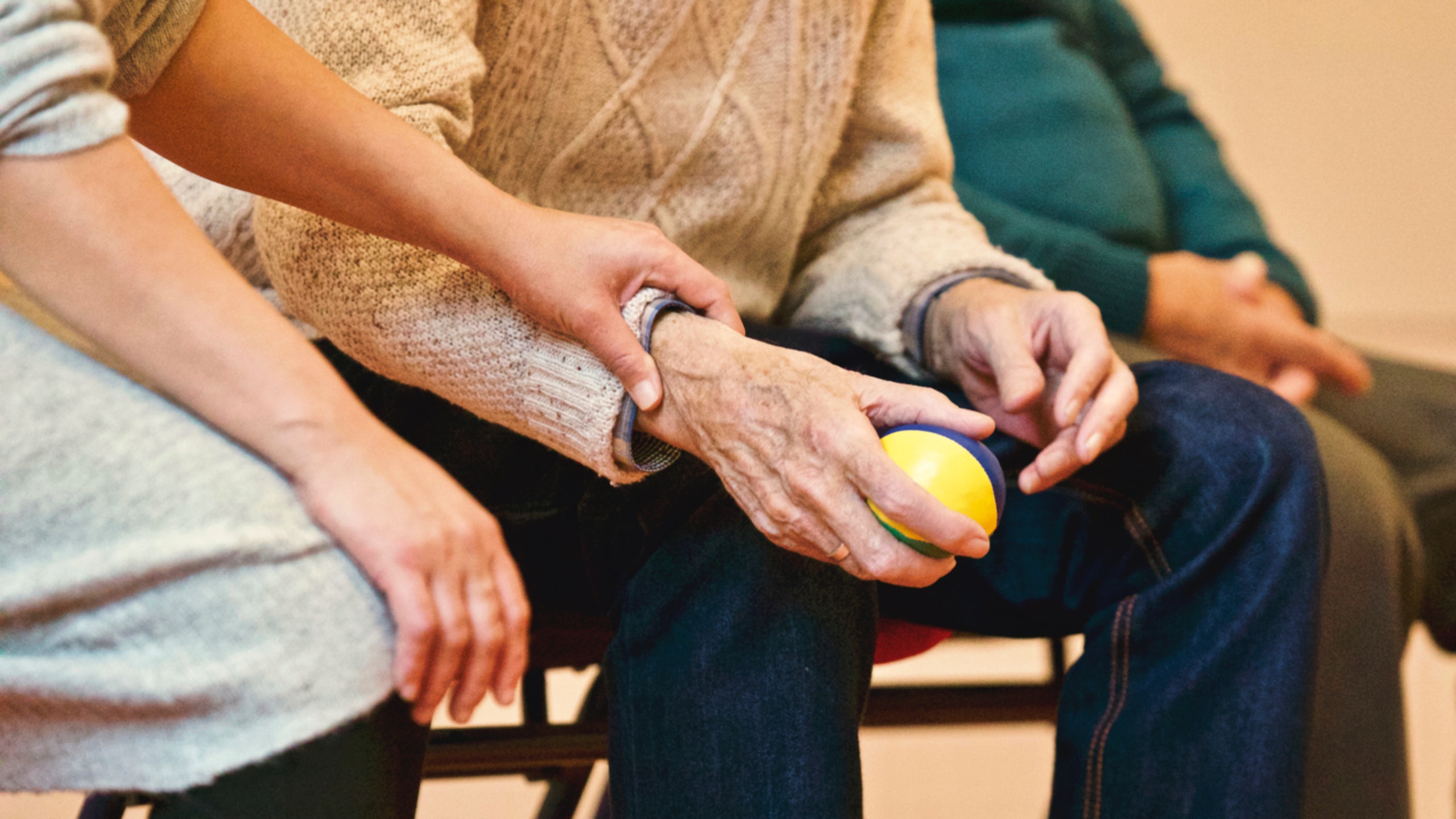What to Expect When Caring for Your Aging Parents
If one of your loved ones is too ill to live on their own, you might decide to use your medical training as a registered nurse to look after your loved ones outside of a medical facility. Some individuals, especially older patients, may prefer to receive care from someone they know instead of going to a nursing home full of strangers. That’s why they’ve entrusted you with their wellbeing. You can create a soothing, safe environment for your loved one if you have the right nursing home supplies and equipment. Use these tips to prepare for your new role as an at-home healthcare provider.
Making the Difficult Choice
For many nurses, choosing whether to move back home isn’t an easy choice. You have a life and a job far from home and you may not be ready to say goodbye. But, on the other hand, staying where you are and trying to manage your parent’s care from a distance can be just as challenging. You may experience all kinds of stress as you try to keep in touch during this difficult time.
Refusing to move home may also put an added strain on your relationship with your loved ones. They’ve sacrificed so much for you over the years, you may want to return the favor, even if it means leaving your friends and a job behind. As practicing nurse Sara Tapscott recalls when making the decision to move home to care for her aging parents, “They’d been so good to me and put me through college,” Tapscott says. “How could I leave them there?”
Choosing to move home is also a financial decision. A private room in a nursing home can cost around $239 a day, while a home health aide typically costs around $21 an hour or more. You and your family may not be able to afford these expenses.
In the end, you’ll have to make a tough decision as you weight the pros and cons of either scenario.
What to Expect from the Transition
If you decide to move home, you’ll need to readjust your relationship with your loved ones. Your parents may be used to being in charge around the house, but you need to retain your authority as a caregiver and as the new head of the household. Create an open dialogue with your loved ones and encourage everyone to voice their concerns. Your parents should listen to your advice and follow your instructions when it comes to medical care, but you should also be sensitive to your loved one’s concerns and feelings.
You might decide to live at home or rent a place of your own nearby. If you’re living in the same house as your parents, spend some time fixing up the space to help you feel more comfortable. Make sure your parents understand that you need privacy, so you don’t step on each other’s toes.
Moving back home can also lead to feelings of isolation as you say goodbye to the life you had. You can try reaching out to the local community for friends and support, working full- or part-time in the area, or joining an online community. The AARP website is full of helpful resources. You can find like-minded individuals and foster new relationships as you adjust to your new surroundings.
Gather Your Supplies
Getting ready for your new role as an at-home caregiver means finding the right medical supply company. You’ll be away from the hospital or nursing home, so you’ll need to gather your own healthcare supplies. Find a wide range of clinical nursing home supplies here. From special fall guards to bedding and dignity protectors, you can quickly gather everything you need to care for your aging loved ones.
Sources:
https://www.npr.org/2012/05/01/151472617/discovering-the-true-cost-of-at-home-caregiving
https://www.aarp.org/caregiving/answers/info-2017/family-caregivers-support-groups.html



